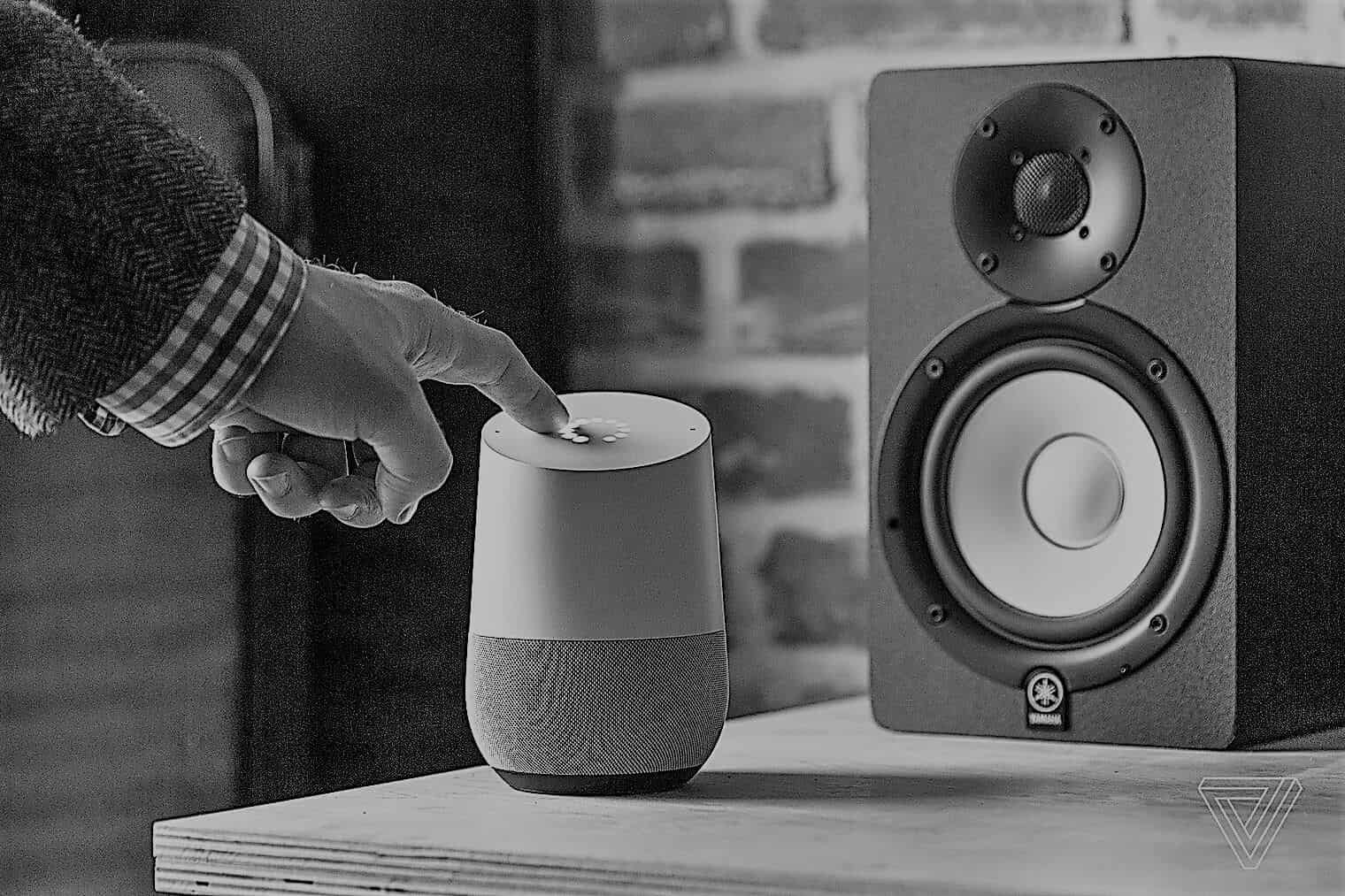Kemal is a legal intern at Lawpath as part of the content team. He is currently studying a Bachelor of Laws and a Bachelor of Business at UTS.
If you know anything about technology, then you know that the new trend is having a ‘smart home’ through a virtual assistant. HomePod, Amazon Echo and Google Home to name a few are smart devices that understand voice commands to perform tasks for users. Although they are very helpful for daily tasks, these small devices are slowly finding their way into the Courtroom. Due to their inbuilt microphones, these devices may be the future witnesses and determiners of guilty and innocent in the future.
How does it work?
If you never used a virtual home device before, they are smart speakers that allow users to talk to AI. These devices can answer questions, play music or perform other assistant-like tasks. To do this, the owner must say the name of the AI, followed by a command. For example, a person could say: “Alexa, what is the weather like today”. A second later, the speaker will inform you whether you will need that umbrella or the jacket. To do this, the speaker is constantly listening to the room and this is where the issue arises.
Walls have Ears
There is no precedent yet in Australia to determine the role of these virtual devices while giving evidence in Court. While police often collects data from phones and computers, using a smart speaker to witness in Court was first attempted when 2 friends were brutally murdered in their New Hampshire home.
When the police were investigating the crime scene, they found an Amazon Echo nearby. Investigators believed the attack took place in the kitchen where the Echo was located. New Hampshire police predicted up to two days’ worth of recordings to be associated with the Amazon Echo they seized. Thus, a Judge ordered Amazon to hand over all recordings made by the Echo.
Disclosing Personal Information
Lately, digital platforms such as Google have been under the radar due to claims of disclosing personal information. It is no surprise that Amazon has a very strict Privacy Policy to assure their customers their personal recordings are secure. Last year, they objected to an Echo search warrant in a death investigation due to customer privacy. Their reasoning was to protect the privacy right of their customers, especially if the data may contain expressive content. Amazon is yet to respond to the Court Order.
What Happens Now?
If Amazon issues the recordings, this will set the precedent for the usage of smart home technologies for law-enforcement. The defence attorney claims that a gadget aiming to make life easier should not be used against you. However, the prosecution argue that it is merely a search warrant for a new device and the legal concept is as old as Methuselah.
Regardless of the outcome, these smart speakers will no longer be innocent bystanders and will raise discussions regarding evidence gathering processes.
Have more questions? Contact a LawPath consultant on 1800 529 728 to learn more about customising legal documents and obtaining a fixed-fee quote from Australia’s largest legal marketplace.






